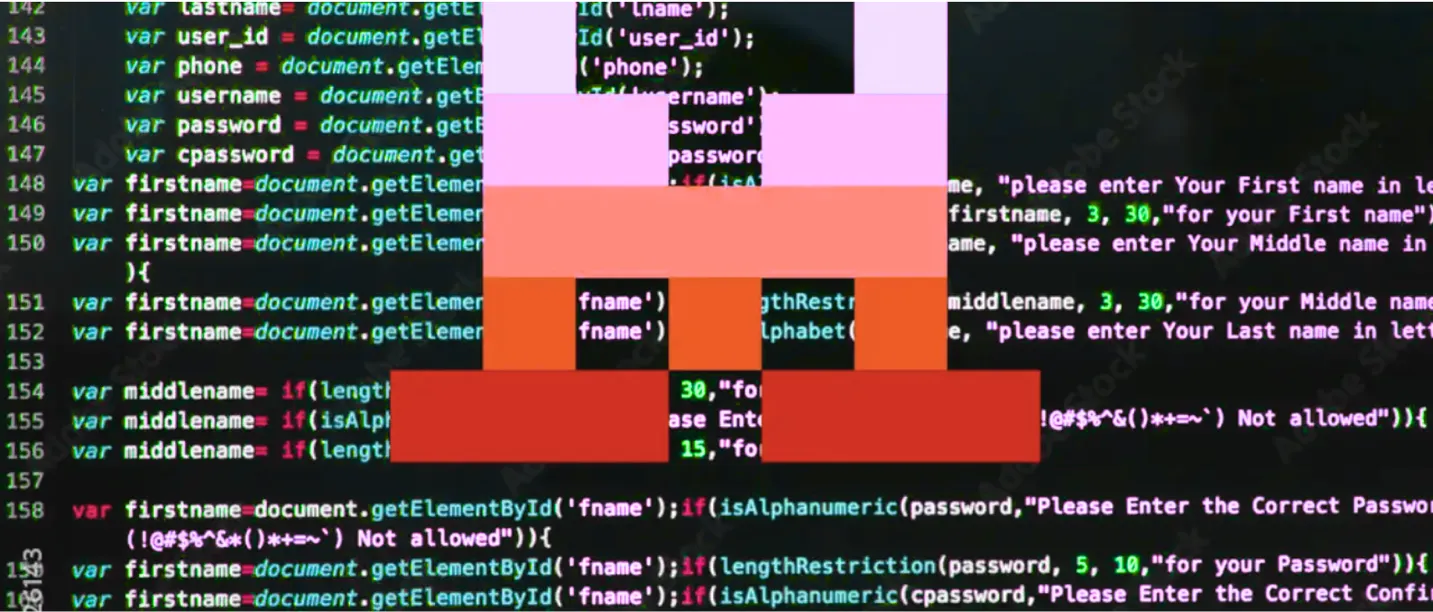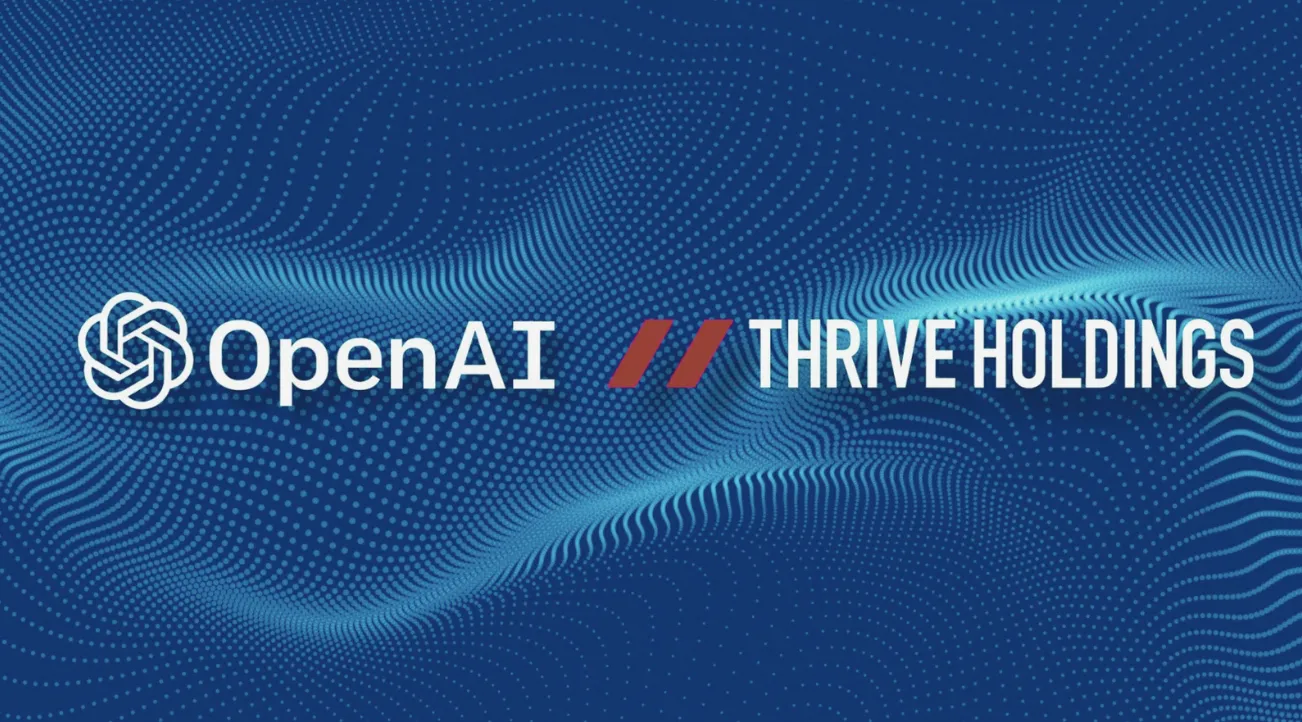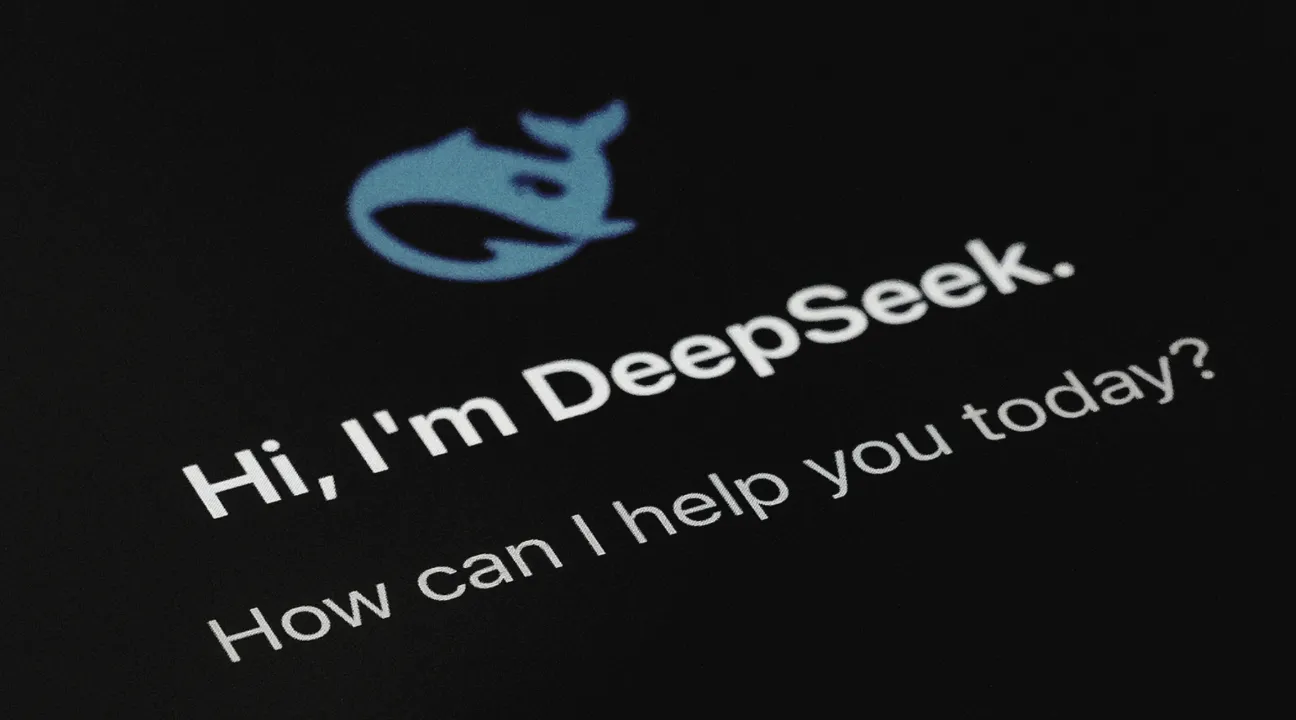 Author: Boxu Li
Author: Boxu Li
From Voice Assistants to Personal Shoppers: Why This Moment Matters
Artificial intelligence has slipped quietly into our everyday lives: we ask Siri for the weather, rely on maps to find our way and let chatbots answer basic support questions. But one activity has remained stubbornly manual—buying things. Even with persuasive recommendations and one‑click ordering, we’re usually the ones pulling the trigger on a purchase. That started to change in late 2025 when OpenAI unveiled Instant Checkout in ChatGPT, a feature that lets users purchase products directly inside the chat[1]. Powered by an open standard called the Agentic Commerce Protocol (ACP) and supported by partnerships with Stripe, Etsy and Shopify, the system hints at a future where AI agents become trusted personal shoppers[2]. In this piece we explore what Instant Checkout is, why the shift to agentic commerce matters, how much consumers currently trust AI to make purchases, what could go wrong, and how brands can build the credibility and controls needed to unlock this next era of e‑commerce.
How Does Instant Checkout Work?
At its core, Instant Checkout turns ChatGPT into a native storefront. Instead of recommending products and handing off to a website, the chatbot can initiate a transaction on your behalf, gather shipping information and process payment without leaving the conversation. According to OpenAI’s Product Hunt launch page, the feature is powered by an open standard built with Stripe and initially connects users to U.S. Etsy sellers, with more than a million Shopify merchants coming soon[1]. In the beta, it only supports single‑item purchases, but OpenAI plans to add multi‑item carts and expand to more merchants and regions[3]. Merchants pay OpenAI a fee on completed orders while customers pay no additional fees, and product prices remain unchanged[4].
Technically, the system relies on the Agentic Commerce Protocol, an open, draft standard maintained by OpenAI and Stripe[5]. The protocol defines a REST API with endpoints to create, update, retrieve and complete checkout sessions[6]. When you tell ChatGPT you want to buy an item, the AI calls the merchant’s createCheckoutSession endpoint with the item ID and optional shipping information[7]. The merchant responds with an authoritative cart state (price, tax, available shipping methods). If you change your address or quantity, the AI calls updateCheckoutSession to reflect those changes[8]. Once you confirm, it calls completeCheckoutSession, which processes the payment using Stripe and returns a final order[9]. By formalizing these interactions, ACP allows any AI agent to complete a purchase with any merchant that implements the protocol.
Why Agentic Commerce Is Different from Assisted Shopping
ChatGPT Instant Checkout in Action
We’ve long used digital tools to make shopping easier. Recommendation engines suggest products; one‑click buttons store your payment information; voice assistants add items to your cart. Yet these systems are assistive—they help but require you to finalize the purchase. Agentic commerce, by contrast, empowers an AI agent to act on your behalf. As Bain & Company points out, prompts like “Buy the best small‑footprint food blender for $200 or less” or “Rebook my flight with a change fee under $150” suggest a world where consumers delegate the shopping task completely. This shift could redefine who controls payments and create major implications for financial services, merchants and technology platforms. Per Bain’s survey of more than 2,000 U.S. consumers, only 10 % have used AI to purchase anything—mostly small grocery items—and just 24 % feel comfortable allowing AI to complete a purchase. However, 64 % are open to using AI to buy something, and 73 % would consider using AI to research products. Adoption is therefore in its infancy, but the openness suggests a large potential market once trust and usability improve.
Trust Is the Sticking Point
The key barrier is trust. Consumers want transparency, control and proven security when handing over their money to a machine. Bain’s survey found that security and privacy concerns were the top reasons consumers hesitated. People trust established payments brands like Apple Pay and PayPal more than banks or generic tech platforms. In a separate report by Salesforce covering 15,015 consumers across 18 countries, 63 % said advances in AI make trust more essential and nearly three‑quarters of consumers trust companies less than they did a year ago[10]. 51 % feel companies are reckless with customer data, and 68 % want to know if they’re communicating with an AI agent[11]. Younger generations show more openness: 43 % of Gen Z respondents would be comfortable having an AI agent shop for them, compared with 57 % of Indian millennials and Gen X respondents[12]. Notably, 53 % of consumers would prefer using an AI agent to avoid repeating themselves, and 51 % would use one for faster service[13], suggesting convenience could trump fears if trust is assured.
Evidence from Academic Research
Emerging scholarship reinforces the importance of trust and perceived usefulness. A 2025 paper in Behavioral Sciences developed a framework to explain how consumers develop trust and acceptance of AI agents. Using data from 632 participants in China, the researchers showed that trust links individuals’ heuristic and systematic decision paths and drives user behavior[14]. They identified key drivers of consumer behavior in two dimensions and emphasized that businesses must optimize design and transparency to promote widespread adoption[15]. This aligns with earlier findings that anthropomorphism, emotional intelligence and explainability increase trust in conversational agents. In practice, building trust will require not only polished interfaces but also clear opt‑in processes, user control over confirmation steps and robust privacy protections.
What Could Go Wrong? The Problem of Erroneous Orders
Allowing an AI agent to place orders raises concerns beyond trust. Error orders could occur due to misinterpretation of user intent, ambiguous prompts or system failures. The Agentic Commerce Protocol acknowledges this by requiring a confirmation step before completing a checkout[9]. However, several scenarios merit discussion:
- Ambiguity in user prompts: Natural language can be imprecise. Asking for the “best blender under $200” might result in a product you don’t like aesthetically or functionally. Without a robust clarification dialogue, the AI may choose an option that technically fits but disappoints the user.
- Misapplied discounts or shipping choices: The protocol allows updating fulfillment options[8], but if a merchant’s API returns out‑of‑date shipping methods, the AI could select a slower or more expensive option. Customer frustration could ensue, especially for time‑sensitive orders.
- Unauthorized purchases: Even with authentication, there’s risk that someone else might trigger a purchase on your device. Children using a family tablet or voice assistant could inadvertently buy expensive items.
- Fraud and security breaches: Since AI agents pass payment tokens between buyers and merchants[16], any vulnerability could expose sensitive data. The spec’s open‑source nature invites scrutiny, but also means implementations must follow best practices.
- Automated subscription traps: AI agents could accidentally enroll users in subscriptions if not clearly distinguishing one‑time purchases from recurring plans. Clear language and confirmation dialogues are essential.
To mitigate these issues, AI providers should implement explicit confirmations, multi‑factor authentication and clear user interfaces. Users should be able to cancel or modify orders easily and set spending limits or categories (e.g., groceries only). The ACP could incorporate standardized metadata for subscription terms, return policies and price changes to avoid surprise charges. Regulatory bodies may eventually mandate such features as agentic commerce scales.
The Economics: Why OpenAI, Stripe, Etsy and Shopify Are Eager

Agentic Commerce Protocol - the buyer interacts with an AI agent, merchant and payment provider.
The commerce move opens a new revenue stream for OpenAI. According to Reuters, the company will earn a transaction fee for purchases processed through ChatGPT, while users pay nothing extra[4]. With ChatGPT reportedly boasting 700 million weekly active users[1], even a small fraction of purchases could be lucrative. For merchants, Instant Checkout offers access to a vast audience without building their own conversational shopping experiences. Etsy and Shopify also stand to benefit: Reuters noted that Etsy’s share price rose 7.3 % and Shopify’s U.S. shares jumped 4.5 % following the announcement[17].
Stripe’s involvement is particularly strategic. By co‑developing the Agentic Commerce Protocol, Stripe positions itself as the default payment infrastructure for agentic transactions. ACP outlines a role for payment providers to process secure payment tokens and grow their volume[16]. The open standard means other payment companies could adopt the protocol, but Stripe’s early partnership with OpenAI gives it an advantage. With merchants paying transaction fees and adopting Stripe’s services, the company stands to capture a larger share of online payments.
Designing for Trust: Principles and Best Practices
Building trust in agentic commerce isn’t just about technology; it involves user experience, transparency and governance. Based on insights from Bain, Salesforce and academic research, several principles emerge:
- Transparency and education: Users want to know when they’re interacting with an AI agent[18]. Agents should explicitly identify themselves, explain how they collect and use data and provide clear opt‑in/opt‑out options. Companies like Salesforce emphasize that clarity around data use and escalation paths (e.g., when to hand off to a human) boosts trust[19].
- User control and confirmation: Always include an explicit confirmation step before a purchase[9]. Allow users to set spending limits, review order details and cancel or adjust orders easily. Bain recommends starting with low‑cost, low‑risk purchases to build confidence.
- Security and privacy safeguards: Adopt end‑to‑end encryption, tokenization and secure authentication mechanisms. ACP’s design passes secure payment tokens rather than raw credentials[16]. Payment providers should also monitor for anomalies and fraudulent patterns.
- Consistency and convenience: Research shows consumers prefer fewer touchpoints[20], so the agentic experience should consolidate steps without sacrificing clarity. Integrating promotion codes and loyalty programs can add value without user effort.
- Brand trust: Customers trust familiar brands more than generic platforms. Partnerships with trusted retailers (Etsy, Shopify) and payment brands (Stripe) help bootstrap credibility.
- Error handling and accountability: When errors occur, there should be clear channels for support and refund, including human intervention. Agents must record transaction logs that allow disputes to be resolved.
Human Delegation and the Psychology of Trust
Why might a consumer willingly let a machine make purchases? Trust in AI involves several components: competence, integrity and benevolence. Users must believe the agent can accomplish the task, will act in their best interest and will not misuse their data. Studies have shown that anthropomorphic design (giving agents humanlike traits), transparency and consistent behavior increase perceived trustworthiness. The DOAJ summary of the MDPI paper notes that trust acts as a mediator connecting dual decision‑making paths—heuristic (automatic) and systematic (deliberative)—ultimately driving user behavior[14]. If consumers perceive the AI as competent and aligned with their goals, they may allow it to handle more tasks.
However, there is also evidence of algorithm aversion, where people prefer human judgment even when algorithms perform better. This aversion decreases when users can override or edit the algorithm’s output. In agentic commerce, letting the user review and modify orders before final confirmation can alleviate this discomfort. Over time, as AI delivers successful outcomes—e.g., selecting the right product at a good price—trust can be earned. Conversely, a single bad experience (e.g., an unwanted order) could set adoption back significantly.
Demographic Differences
Trust varies across demographics. Salesforce found that Gen X and millennials in India are more willing to work with AI agents (57 % and 58 %, respectively) compared with Gen Z (51 %) and Baby Boomers (42 %)[21]. This counters the stereotype that only younger users embrace AI. Cultural context also matters: the MDPI study used Chinese participants and may not generalize globally[14]. Understanding local attitudes toward automation, privacy and data governance will be critical as ACP expands beyond the U.S.
The Path to Automatic Purchasing: Will We Ever Let AI Buy Things Unsupervised?
Today’s implementation keeps the human “in the loop”—you must confirm before the purchase is submitted. But the endgame for agentic commerce could be fully autonomous buying: an AI that knows your preferences, budget and schedule, automatically replenishes supplies and books services without always asking. This vision raises profound questions:
- Autonomy vs. oversight: How comfortable are people delegating decisions to machines? Bain’s survey showed that while most consumers are open to using AI for research, only a quarter feel ready to let AI handle the transaction. Over time, we may see gradations of autonomy: AI might automatically buy low‑stakes items like detergent but always ask for approval on expensive electronics.
- Liability and consumer protection: If an autonomous agent misinterprets your instructions or is hacked, who is responsible—the AI provider, merchant or payment company? Regulations may need to evolve to address the rights and remedies for agent‑executed purchases.
- Ethical considerations: An AI agent with purchasing power could shape consumption patterns, nudging users toward certain brands or products. Transparency about sponsored recommendations and conflict of interest will be crucial.
- Digital equity: People without access to advanced devices or financial literacy might be excluded from the benefits of agentic commerce. Policy makers should consider accessibility, affordability and education.
Open Source and Ecosystem Growth
One reason Instant Checkout is garnering attention is that ACP is open source. The GitHub repository provides OpenAPI specifications, JSON schemas and examples[22]. Developers can review these documents and choose between OpenAI’s implementation (for ChatGPT integration) or Stripe’s implementation (for merchant tooling)[23]. By publishing the standard publicly, OpenAI and Stripe aim to encourage adoption across platforms—from other chatbots to smart speakers and VR interfaces. If widely implemented, the protocol could become the “HTTP of agentic commerce”, enabling any AI agent to transact with any ACP‑enabled merchant.
Open‑source governance also fosters transparency and trust. Anyone can audit the protocol for security weaknesses, contribute improvements or propose extensions (e.g., for subscription management or digital goods). That said, the open nature does not guarantee implementation quality. Variations in merchant implementations could introduce inconsistency or vulnerabilities. A certification program, similar to PCI compliance for card payments, may emerge to validate ACP implementations
Recommendations for Businesses Venturing into Agentic Commerce
- Start with clear use cases: Identify categories where friction is high and mistakes are low stakes (e.g., reordering household goods). Use pilot programs to gather feedback.
- Design for transparency: Make the agent’s identity, logic and data use clear. Provide accessible privacy policies and easy ways to opt out or pause AI assistance.
- Implement robust confirmation flows: Even if the long‑term vision is autonomous purchasing, maintain human confirmation until trust is established. Offer previews of price, shipping and tax before submission.
- Educate customers: Provide tutorials, FAQs and support to demystify agentic buying. Share success stories and case studies to build confidence.
- Collaborate with regulators: Engage early with financial regulators to ensure compliance with payment, data protection and consumer‑protection laws. Transparent governance will be a competitive advantage.
- Invest in resilience: Prepare for error orders and fraud. Implement real‑time fraud detection, clear refund policies and accessible customer support.
- Measure and iterate: Track adoption rates, conversion, customer satisfaction and error incidents. Use analytics to refine the agent’s decision logic and user experience.
- Leverage brand trust: If you already have a strong brand (e.g., a retailer with loyal customers), highlight this when introducing agentic features. Consider co‑branding with trusted payment providers to reassure users.
Conclusion: The Coming Age of Autonomous Shopping
Instant Checkout in ChatGPT represents more than just a convenient new feature—it marks the beginning of agentic commerce, where AI agents start to execute the tasks we delegate. Supported by the open Agentic Commerce Protocol[24], the system is designed to be interoperable and extensible. The early rollout with Etsy and Shopify has generated excitement and speculation. Yet evidence suggests that adoption hinges on trust, transparency and user control. Surveys by Bain and Salesforce show that while AI familiarity is high, willingness to let AI complete purchases remains limited, primarily due to security and privacy concerns[20]. Research indicates that trust mediates acceptance, linking consumers’ fast and deliberate decision processes[14]. By addressing these concerns through open standards, clear design and robust governance, businesses can unlock the promise of agentic commerce.
In the coming years, we may see AI agents handle simple reorder tasks, manage travel bookings, or negotiate subscription renewals. Over time, as systems prove reliable and helpful, users may delegate even more complex purchases. The long‑term impact extends beyond e‑commerce to financial services, logistics and consumer protection. Companies that lead with trust, invest in user-centric design and collaborate on open standards will be best positioned to thrive in this new world where chatbots are not just advisors but actors—turning conversations directly into commerce.
[1] OpenAI: APIs and tools for building AI products | Product Hunt
[2][5][16][22][23][24] Agentic Commerce Protocol - GitHub
[3][4][17] OpenAI partners with Etsy, Shopify on ChatGPT payment checkout | Reuters
[6][7][8][9] Agentic Commerce Protocol OpenAPI Specification
[10][11][12][13][18][19][20][21] New Research Shows How AI Agents Can Step In as Consumer Trust Slips - Salesforce












